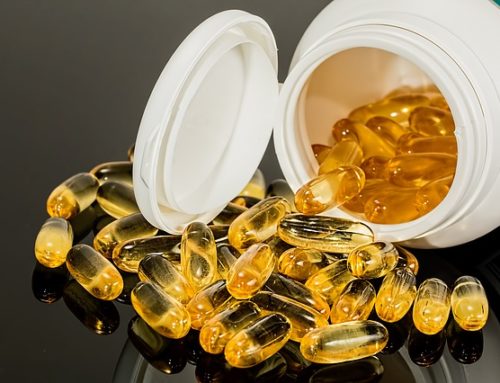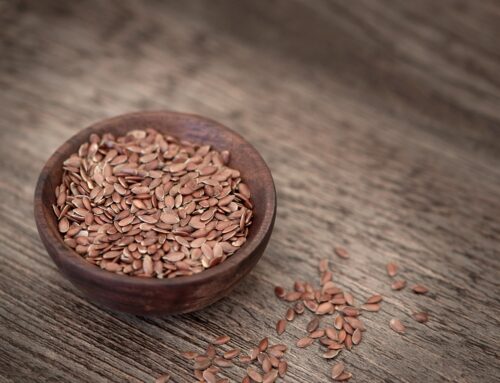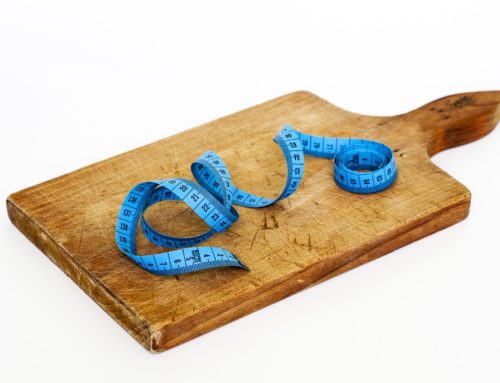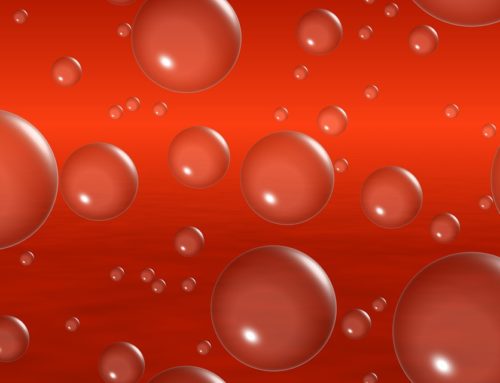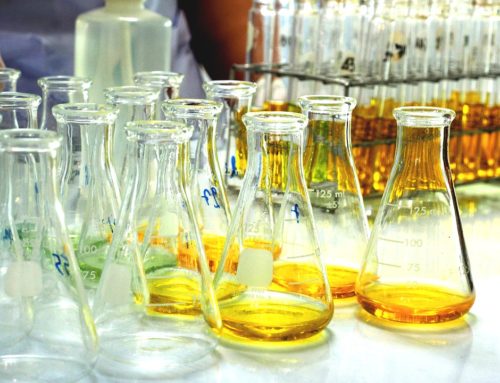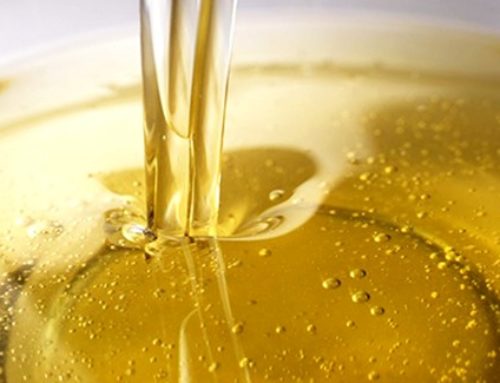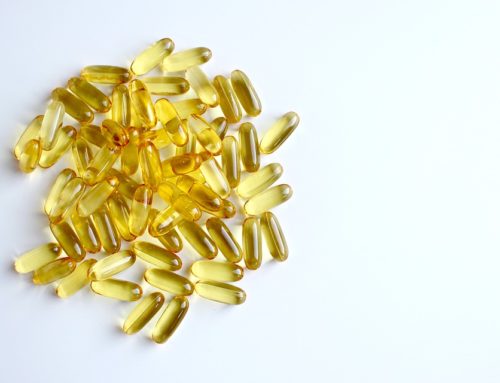Omega 3 and Omega 6 packed in plastic or HDPE? No thanks! Plastic disrupts hormones
Glass must be resolutely chosen when packaging omega 3 and omega 6 oil. Never for plastic in any form. And there are health reasons for this that are supported by a lot of scientific research.
Omega 3 and omega 6 molecules are highly active unsaturated molecules, constantly looking for new molecular compounds. It is contradictory if we were to buy Omega 3 and Omega 6 oils in a plastic bottle in our quest for health. The last thing we want is contamination with dangerous estrogen-like chemicals, other solvents or toxic metals released by the reaction of the plastic with the omega 3 and omega .
Hormones are the strongest chemical messengers in the body. They act directly on genes, command our cells how to behave and regulate many essential functions.
There is ample evidence that some chemicals used in plastics, plastics, pesticides and all kinds of chemicals can act as hormones. Vom Saal of the University of Missouri also showed that hormones are very powerful. They are already working in particles of one trillionth, 0.000 000 000 001. (46) In an unpredictable way, these can disrupt our reproduction and the development of our sexual organs. They may even be the cause of some cancers.
Already 1 in 6 couples cannot have children naturally today. Soto and Prof. Sonenschein of Tuft University spent years looking for the cause of increasing infertility in animals and humans. They discovered that chemicals can mimic hormones and that many plastic packaging releases these estrogen-mimicking chemicals into the contents of the package. ‘Something had to be leaking from the plastic tubes they used for the blood samples they did their experiments with, something that mimicked oestrogens. The plastic, the plastic tubes that they thought were completely safe, turned out to be biologically active. If this happens with lab tubes, it also happens with other plastics.’ (48)
Research confirmed: don’t choose plastic, plastic, HDPE, they disrupt our hormones
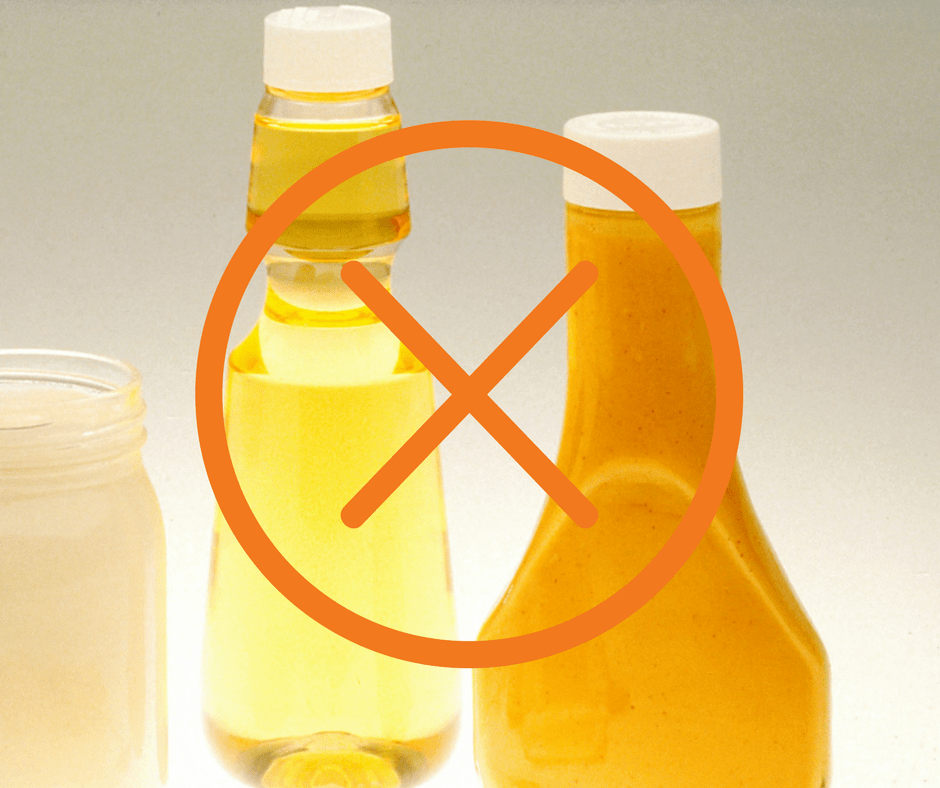 “In exchange for the conveniences of our modern society and all the amazing products of modern life, we got prostate and breast cancer.” (44) ‘There is no safe limit for toxic chemicals in relation to cancer, even the smallest chemical dose can cause cancer’ (50). According to EPA (environmental protection agency).
“In exchange for the conveniences of our modern society and all the amazing products of modern life, we got prostate and breast cancer.” (44) ‘There is no safe limit for toxic chemicals in relation to cancer, even the smallest chemical dose can cause cancer’ (50). According to EPA (environmental protection agency).
Hormones can adversely affect the immune system (T-helper cells and natural killer cells) and the functioning of the brain. The consequences are learning difficulties, a drop in IQ and ADHD.(49) ‘Most chemical estrogens are soluble in fats or lipids.'(46) Prof. biologist Vom Saal of the University of Missouri. ‘Solvents and plastic packaging immigrate into food’. That is what Aruoma and Halliwell write in their book ‘Free radicals and food additives’ in 1991. ‘Prevent or minimize contact between plastic and food, use glass or porcelain,’ (4) Colborn, Dumanaski and Meyers recommend (47).
“Use only cold-pressed oil, which is packaged in a dark glass bottle, and keep an eye on the expiration date,” says Dr. Ulrich Strunz.
‘Our task should not be to develop replacement plastics that affect hormones, threaten the ozone layer or cause other unknown problems. Our aim must be to keep the chemical load as low as possible,’ (51) say Colbron, Dumanosk and Meyers.
HDPE/plastic not suitable for omega 3 and omega 6 oil
HDPE is reasonably suitable for packaging food based on water, acids and alcohol. But HDPE is absolutely not suitable for packaging highly unsaturated fatty acids such as omega 3 and omega 6. The migration of the benzophenol-based ultraviolet absorbers in the HDPE is very high at omega 3 and omega 6. There is also 5.5mg/l migration of organic metals (catalysts and solvents) and the migration of chloride and aluminum has been demonstrated (97). The unsaturated fatty acids omega 3 and omega 6 are best packed in dark glass.

